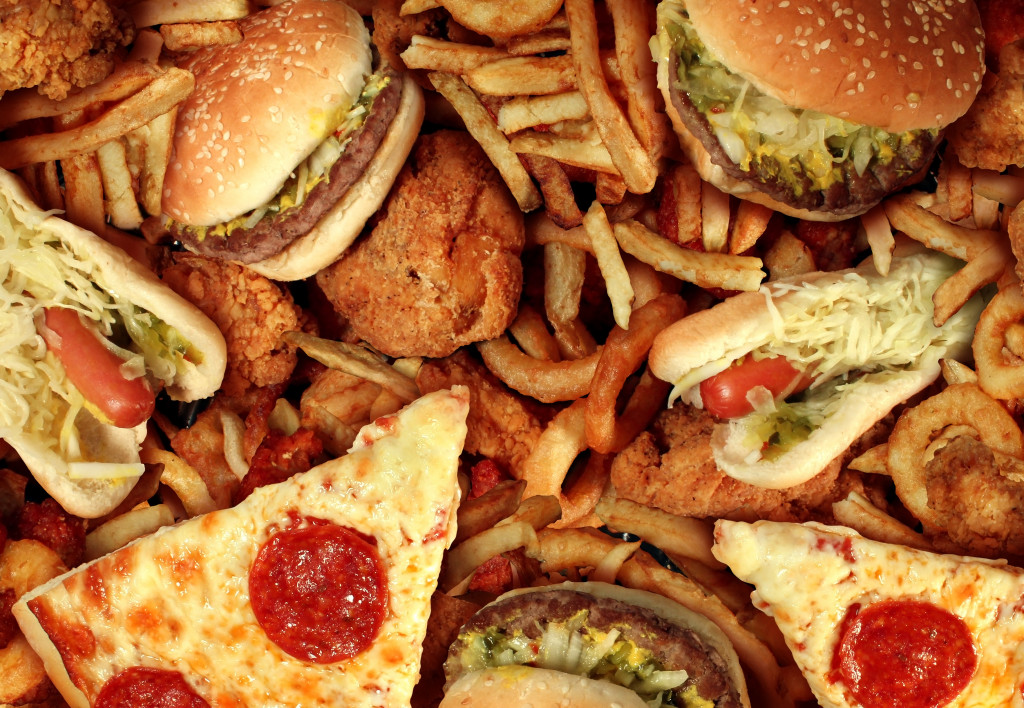Food safety is an utmost concern for any entrepreneur involved in the industry. Outbreaks of any disease can be avoided when manufacturers and restaurateurs are careful and sanitary in preparation before the food items leave the factory or the kitchen.
Ever since the pandemic, the approach to consumption has shifted toward snacking and cooking more home-cooked meals as a result of restaurants being forced to close. Due to the caution that drives the behavior of customers, they are likely to patronize products and establishments that prioritize sanitation.
There are several ways wherein food contamination will occur. It can be due to a lack of frequent cleaning of the cooking area, the absence of safety procedures during production, and improper waste disposal. According to the World Health Organization, different microorganisms can have a grave effect on the body. Sometimes, food poisoning can even lead to long-term illnesses or death.
Fortunately, there are modern solutions to these age-old problems. For instance, a business owner of a juice company can work with a supplier who manufactures bottle-filling machines. This equipment can reduce any chances of contamination by automating the process. By avoiding the oils and microorganisms present in human hands, using this to perform that task will ensure that the food or beverage does not deteriorate prematurely. However, a lot of planning is involved in mitigating contamination during food production.
Automation

As mentioned earlier, machinery can be incorporated in production floor plans to reduce the contamination of food products. It can also improve the speed and efficiency of the process they are involved in, as there will be little room for human error and fatigue. Automation promises a future of sanitation, accuracy, and efficiency in the processes of any industry, so long as the appropriate equipment is designed.
For example, some robots can identify a good egg from a bad one along a production line through programming. This makes sure that the eggs are graded according to quality so that the customer will no longer have to worry about cracking a bad egg into their mixing bowl. Humans are prone to errors during production, no matter how specialized they become.
For instance, they can become distracted or have poor hand hygiene while working on a part of the overall process. This can contaminate the other workstations downstream.
However, equipment must be maintained and are rarely self-sanitizing. Although some have the ability to clean and disinfect themselves, most must be wiped thoroughly before the next production schedule. This will reduce the likelihood that molds will occur or that enzymes will be deactivated before the intended expiration date on the package.
Health Inspections
Local health inspectors can make sure that the production line in a factory or a restaurant is up to code. Entrepreneurs must abide by a set of laws that govern the health and safety of employees and the consumers of their company. Through frequent and thorough inspections of establishments, business owners will become more alert regarding the protocols they must follow. It encourages compliance rather than a disregard for the safety of the community.
Once health inspectors have identified the violations to the different laws concerning public safety, the business owners will be forced to comply under the threat of being unable to operate. At the same time, not all entrepreneurs are fully aware of the guidelines they must abide by.
Inspections provide them with a warning to take action where necessary, informing business owners of the codes that they need to follow. Conversely, for businesses that do not have any violations, inspectors will provide customers with the assurance that their patronage is reciprocated with sanitary and law-abiding service.
Waste Management
The location where waste is disposed of must be away from workstations involved in food production. Since parasites and foul gases can arise from garbage, it must be placed in a well-ventilated area that will not have an effect on the manufacturing or preparation of the products served to consumers.
This portion of the establishment should be identified in a plant layout for business owners to make the logistic arrangements involved in waste disposal. Without an appropriate waste management plan, entrepreneurs risk contamination and being shut down by health inspectors.
Whether food is mass-produced or made in a small kitchen, cleanliness and safety must be of utmost priority for cooks and entrepreneurs. This way, they can avoid being liable for the illness of their employees and customers. Therefore, it is important to identify the parts of production that must be modified.



